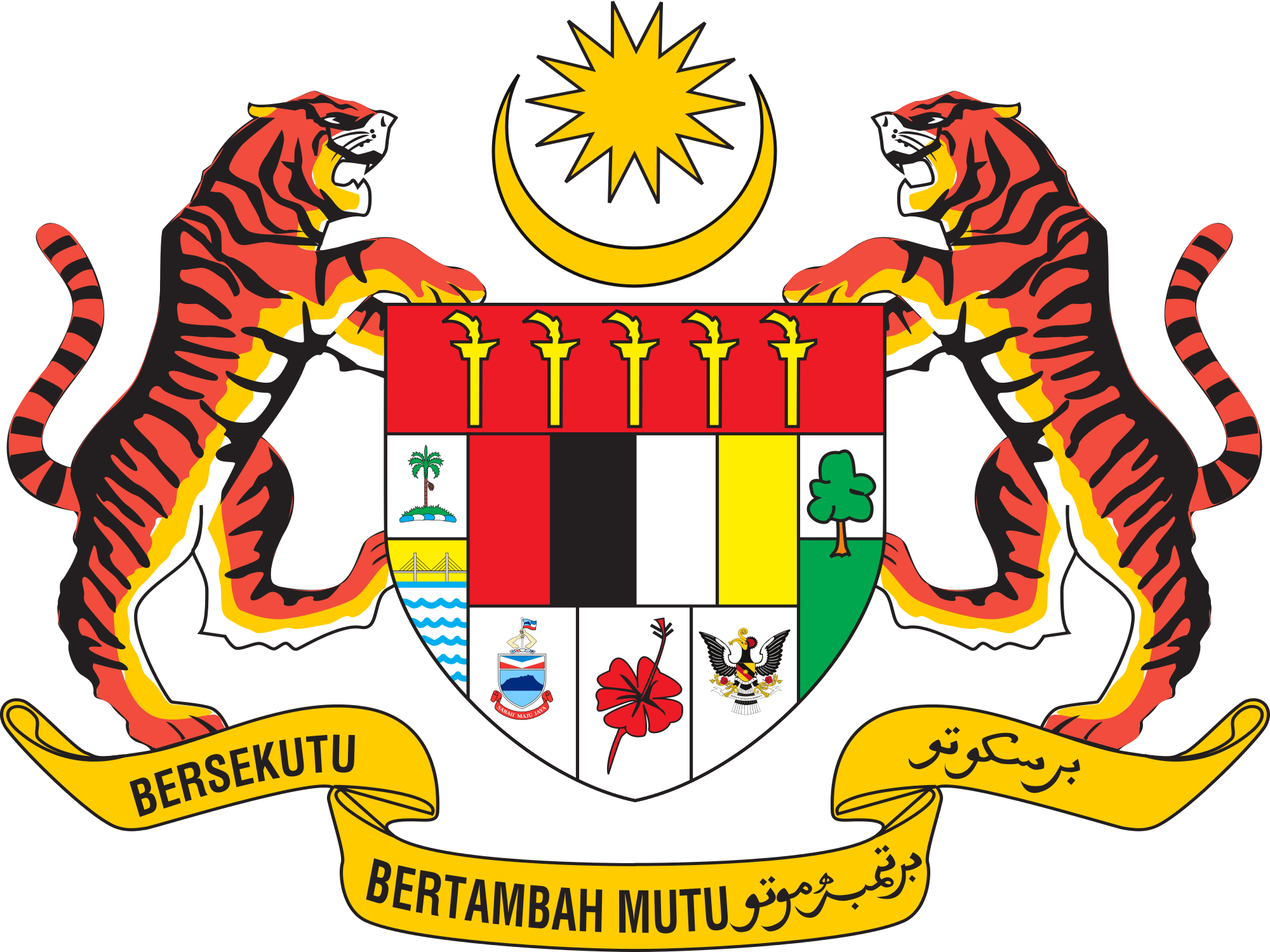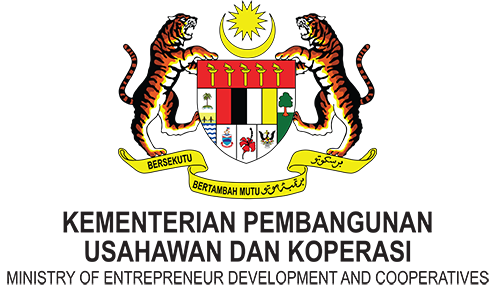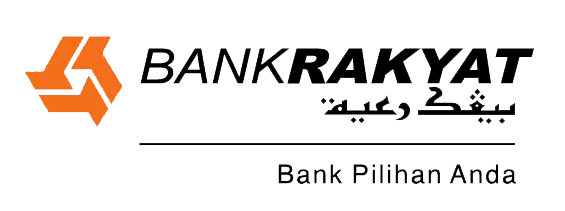Persatuan Negara-negara Asia Tenggara atau ASEAN, telah ditubuhkan pada 8 Ogos 1967 di Bangkok, Thailand dengan penandatanganan Deklarasi ASEAN (Deklarasi Bangkok) oleh pengasas-pengasas ASEAN, iaitu Indonesia, Malaysia, Filipina, Singapura and Thailand. Brunei Darussalam kemudiannya telah menyertai ASEAN pada 7 Januari 1984, Viet Nam pada 28 Julai 1995, Lao PDR dan Myanmar pada 23 Julai 1997, dan Cambodia pada 30 April 1999, menjadikan sepuluh Negara
NEGARA-NEGARA ANGGOTA ASEAN

Semasa Kemuncak ASEAN yang kesembilan pada 2003, para pemimpin ASEAN telah bersetuju memutuskan bahawa Komuniti ASEAN hendaklah ditubuhkan. Semasa Kemuncak ASEAN yang ke-12 pada Januari 2007, para pemimpin telah mengesahkan komitmen mereka yang tinggi untuk mempercepatkan penubuhan Komuniti ASEAN menjelang tahun 2015 dan menandatangani Deklarasi Cebu untuk mempercepatkan penubuhan Komuniti ASEAN pada tahun 2015.
KOMUNITI ASEAN

ASEAN ECONOMIC COMMUNITY

ASEAN SME Working Group (ASEAN SMEWG)

In ASEAN, cooperation on SME development began way back in 1995, when fostering SME development became one of the priority areas in respect of policy focus and resources. The ASEAN SME Agencies Working Group (SMEWG), which comprises representatives from ASEAN SME agencies, was formed to formulate policies, programmes and activities on SME development. The SMEWG serves as a consultative and coordination forum to ensure the development of SMEs under the on-going process of ASEAN integration and support the establishment of the ASEAN Economic Community. SME Corp. Malaysia is the Malaysian Focal Point for this working group. The list of ASEAN SMEWG National Focal Points are as follows:
ASEAN SMEWG NATIONAL FOCAL POINTS

HISTORY: ASEAN SME DEVELOPMENT
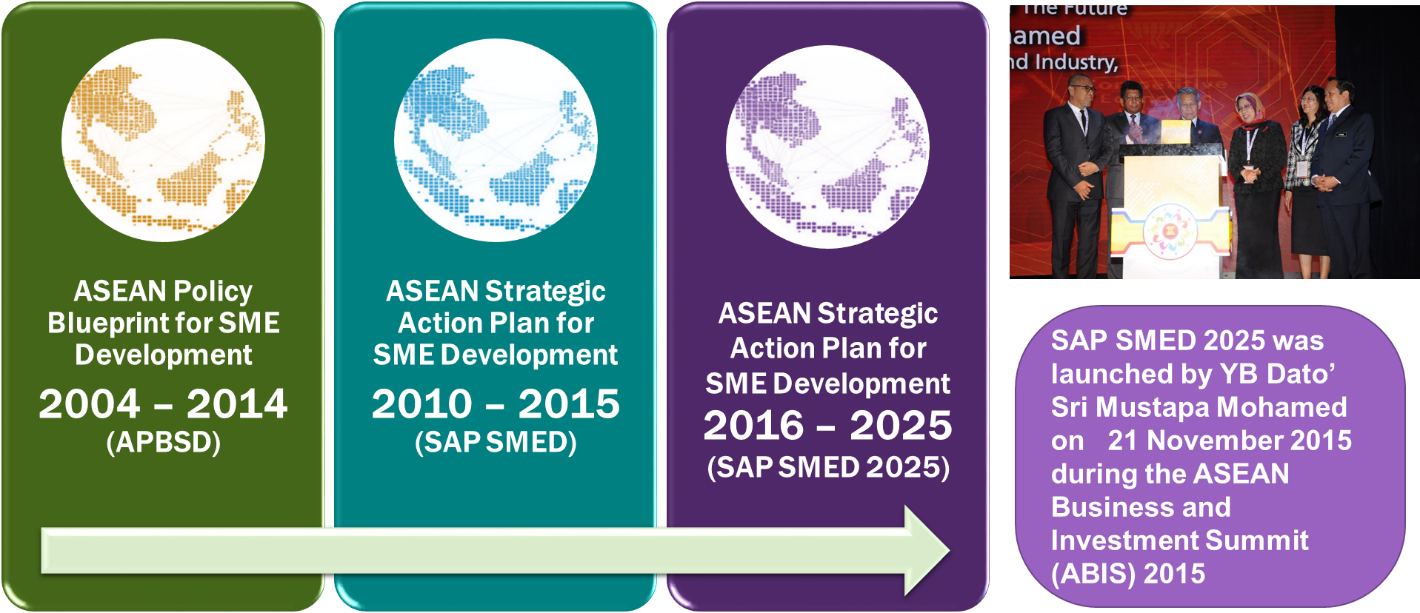
ACHIEVEMENT OF SAP SMED 2010 – 2015
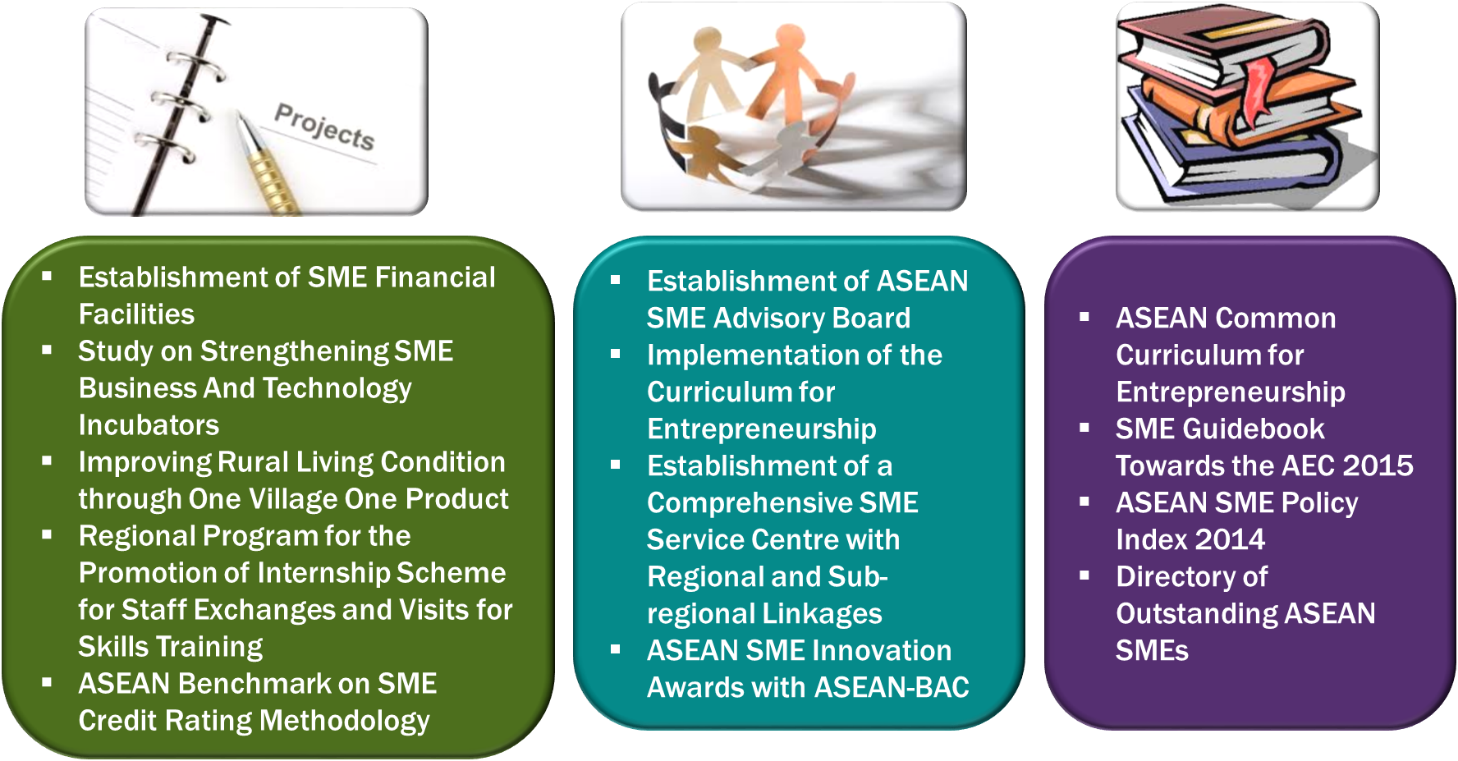
Since January 2014, the ASEAN SME Working Group has been developing the ASEAN Strategic Action Plan for SME Development 2016-2025 (SAP SMED 2025) under the support of Japan-ASEAN Integration Fund (JAIF).
The plan involves holistic approach towards SME development in the region to effectively contribute towards narrowing the development gaps, especially from economic perspective for better integration. ASEAN SME Working Group (ASEAN SMEWG) have collaborated with the Economic Research Institute for ASEAN and East Asia (ERIA) to produce the SME Policy Index for ASEAN. As a result, several gaps were identified relating to the SME development ecosystem among AMS, especially between the ASEAN-6 and CLMV countries (Cambodia, Laos, Myanmar and Vietnam).
In addressing the gap, the SAP SMED 2025 aims to enhance the resilience of ASEAN SMEs in an increasingly competitive economic environment and support their growth and development through the vision of a “Globally Competitive and Innovative SMEs”. This plan will become the game changer for SME Development in the ASEAN region for the next 10 years. The SAP SMED 2025 will promote the development of entrepreneurs and SMEs facilitating their integration into the regional and global value chain.

SAP SMED 2025 has been officially launched at the ASEAN Business & Investment Summit 2015, held at the side line of 27th ASEAN Summit, on 21 November 2015 in Kuala Lumpur, Malaysia and will take effect on 1 January 2016.













